Frequently Asked Questions
Clear answers to help you navigate business transitions
Business transitions raise many questions about process, timing, valuation, and outcomes. We've compiled answers to the most common questions we hear from business owners to help you understand your options and plan your next steps with confidence. These insights come from decades of experience guiding owners through successful transitions.

Getting Started
When should I start planning my business transition?
Ideally when you start the business, next best is 5-10 years in advance of the transaction. Most of our competitors would not start the relationship this early. This gives you time to enhance business value, explore options thoroughly, address potential issues, and execute your strategy without pressure. Early planning often results in significantly better outcomes.
When should I start planning my business transition?
How do I know if my business is ready to sell?
Key indicators include consistent profitability over multiple years, a strong management team that can operate without you, documented systems and processes, clean financial records, and demonstrated growth potential. We offer readiness assessments to help identify areas for improvement and create value-enhancement strategies.
What's the difference between a broker and Optimum Transitions?
Business brokers typically focus on listing and selling businesses through standardized processes, much like residential real estate agents. We do broker transactions, but as strategic advisors, we help you explore all transition options—sale, succession, ESOP, growth partnerships, innovative solutions you might not even think of—and guide you toward the best solution for your specific goals, timeline, and values. Business brokers only have a hammer and see every business as a nail. M&A Advisors typically have a full toolbox, but simply pick the right tool for the job. Optimum Transitions finds innovative ways to use the tools together—that's what makes us Optimum Transitions.
What's the difference between a broker and Optimum Transitions?
When should I tell my employees I'm considering a transition?
Your employees aren't stupid. They know you aren't going to be able to own/run the business forever. Optimum Transitions works with you to time the conversation at the right time with the right people to facilitate a smooth transaction. The timing depends on your strategy, company culture, and specific situation. Key management team members may need earlier involvement, especially if they're potential buyers or critical to the transition process.
Can I change my mind once I start the process?
Can I change my mind once I start the process?

Valuation & Pricing
How is my business valued?
How is my business valued?
What multiple should I expect for my business?
Multiples vary significantly by industry, company size, growth rate, profitability, and market conditions. Most middle-market businesses sell for 3-7x EBITDA, but this is just a starting point. We focus on maximizing your specific value through strategic positioning and competitive processes rather than accepting industry averages.
How can I increase my business value?
How can I increase my business value?
What factors decrease business value?
Common value detractors include heavy owner dependence, customer concentration (over 20% from one customer), declining financial performance, weak management team, poor financial records, pending litigation, regulatory issues, or market/industry challenges.
How accurate are business valuations?
Professional valuations provide informed estimates based on available data and market conditions. The true value is ultimately what a qualified buyer will pay. Market conditions, buyer motivations, and competitive dynamics all influence final pricing.
How accurate are business valuations?
We recently discovered embezzlement, can we still sell?
Yes, embezzlement discovery doesn't prevent a sale, though it requires careful handling. We help you document the issue, implement corrective measures, and present the situation transparently to buyers. Often this demonstrates strong management oversight and control improvements that can actually enhance buyer confidence.
We had some really unusual and large expenses last year, will this hurt our value?
Not necessarily. One-time or unusual expenses can often be adjusted out of valuation calculations through "normalization adjustments." We help document and present these expenses properly to show your business's true operating performance to potential buyers.
We had some really unusual and large expenses last year, will this hurt our value?

Exit Strategies
What are my exit options?
Common exit strategies include sale to strategic or financial buyers, management buyout, employee stock ownership plan (ESOP), family transfer, merger with another company, or in rare cases, going public. Each option has different benefits, timelines, tax implications, and suitability factors.
What are my exit options?
Should I consider an ESOP?
What's a management buyout?
What's a management buyout?
What's the difference between strategic and financial buyers?
Strategic buyers are companies in your industry or related fields seeking synergies, market expansion, competitive advantages, or operational efficiencies. They often pay higher premiums (up to 10x or more than a financial buyer) but may change operations significantly. Financial buyers (including private equity) focus on financial returns, typically maintaining existing management and operations while providing growth capital, fresh ideas, and business acumen.
Can I sell part of my business instead of all of it?
Yes, through recapitalization or partial sale strategies. Private equity recapitalizations can provide 60-80% liquidity while potentially retaining a controlling interest and upside potential. This approach works well for owners who want to take chips off the table or utilize a "second bite at the apple" approach.
Can I sell part of my business instead of all of it?

Process & Timeline
How long does it take to sell a business?
How long does it take to sell a business?
Can I maintain confidentiality during the sale process?
What happens to my employees during a transition?
What happens to my employees during a transition?
How many potential buyers should I expect?
Depending on the business, the market, and the geography, there are likely hundreds of potential buyers for your business. We'll create a marketing strategy with you that best accomplishes your goals—which sometimes means focusing on a very small set of ideal buyers or sometimes means running an auction process that garners the attention of almost any possible buyer.
What if I don't like any offers I receive?
You're never obligated to accept any offer. If initial offers don't meet your expectations, we can adjust strategy, improve positioning, expand the buyer universe, or pause the process to enhance value. Many owners benefit from market feedback even if they don't proceed immediately.
What if I don't like any offers I receive?

Financial & Tax
What are the tax implications of selling my business?
What are the tax implications of selling my business?
How much money will I net from a sale?
Net proceeds depend on sale price, transaction costs (typically 8-12% including advisory fees, legal, accounting, and other expenses), taxes, debt repayment, and working capital adjustments. We model different scenarios early in the process to set realistic expectations.
Should I take cash or seller financing?
The optimal structure depends on your financial needs, risk tolerance, confidence in the buyer, and tax considerations. Seller financing can increase total consideration, improve tax positioning, and provide ongoing income, but involves continued business risk. We help evaluate trade-offs for your specific situation.
Should I take cash or seller financing?
How do escrow, earnout, and claw-back provisions work?
Escrow holds back 10-15% of purchase price for 12-24 months to cover potential indemnification claims. Earnouts tie additional payments to future performance metrics. Clawbacks allow buyers to recover payments under specific circumstances. While these provisions involve risk, they can increase total consideration and bridge valuation gaps between buyer and seller expectations.
What about capital gains taxes?
What about capital gains taxes?

ESOP-Specific Questions
What exactly is an ESOP?
An Employee Stock Ownership Plan (ESOP) is a qualified retirement plan that makes employees part owners of the company through stock ownership. The ESOP trust holds company stock on behalf of employees, who receive allocations based on compensation and years of service. It's both an employee benefit and a business succession strategy.
What exactly is an ESOP?
Can you do partial ESOPs?
Yes, partial ESOPs allow you to sell a portion of your company to employees while retaining ownership of the remainder. This provides some liquidity while maintaining control and the option for additional transactions in the future. Partial ESOPs can be an excellent way to test employee ownership before committing to a full transition.
How do ESOP transactions work for buyers and sellers?
ESOP transactions involve three main types: 1) becoming Employee-Owned (selling to employees), 2) An ESOP company buying another ESOP company, and 3) acquiring an existing ESOP company. When acquiring an ESOP, buyers must consider employee ownership dynamics, management structures, and cultural factors. When selling an ESOP, the transaction requires ESOP trustee approval and consideration of employee-owner interests. Seller-financing is typically involved in most 100% ESOP acquisitions.
How do ESOP transactions work for buyers and sellers?
Will all the employees quit when they get their distribution from an ESOP sale?
In our experience, this is unlikely. Firstly, because ESOPs are a form of ERISA Qualified Retirement Plan, employees face large taxes and penalties for withdrawing their funds prior to retirement age. Secondly, while the sale may increase the value of the ESOP account for the employees, it is typically marginal—say 30%-70%. If the employee didn't have enough to retire with a $200k ESOP balance, they likely won't with a $260k-$340k ESOP balance. We recommend making it as easy as possible for the employees to simply roll their ESOP balances into the buyer's 401(k) to reduce the likelihood of intentional or accidental early distributions.
How do succession planning and leadership transitions work in ESOPs?
ESOP companies require specialized succession planning for key leadership positions. Since employees are beneficial owners, leadership transitions must consider both operational continuity and fiduciary responsibilities to employee-owners. We help ESOP companies develop succession strategies that protect employee interests while ensuring strong leadership.
How do succession planning and leadership transitions work in ESOPs?
What challenges do ESOP companies face in transactions?
ESOP companies may encounter unique considerations including trustee approval processes, employee shareholder communication requirements, valuation complexities, and maintaining company culture during transitions. In some cases, a vote from the shareholders may even be required. However, these challenges are manageable with experienced guidance and proper planning.
How do ESOP companies perform in comparison to their peers?
How do ESOP companies perform in comparison to their peers?
Can ESOP companies pursue acquisitions and growth strategies?
Yes, ESOP companies actively pursue growth through acquisitions, strategic partnerships, and expansion initiatives. The ESOP structure shouldn't limit growth opportunities and can provide advantages in financing and cultural integration due to the employee ownership mindset and management stability. Acquisitions by Employee-Owned companies are often an important part of their sustainability.

Working with an Advisor
The sooner you get an advisor involved, the more options are on the table. Early engagement allows for strategic preparation, value enhancement, market positioning, and proper execution without rushing critical decisions, which typically results in significantly better outcomes.
When should I engage professional help?
When should I engage professional help?
How do advisor fees work?
What should I look for in a business transition advisor?
What should I look for in a business transition advisor?
Do I need other professional advisors too?
Yes, successful transitions typically involve a team including your business transition advisor, attorney, accountant, ESOP trustee (if applicable) and possibly wealth management professionals. We coordinate with your existing advisors and can recommend specialists if needed to ensure comprehensive coverage of all aspects. One common mistake we see from sellers and buyers alike is a desire to use their "general business" attorney for M&A. We believe an M&A specialist attorney is an important team member - as opposed to someone who does 3-5 transactions per year.
How involved will I need to be in the process?
How involved will I need to be in the process?
What can I expect during the due diligence process?
Due diligence typically lasts 45-75 days and involves comprehensive review of your financial records, legal documents, operations, and strategic position. Buyers will request extensive documentation and will want to conduct site visits and management interviews. We help you prepare a virtual data room and manage the process to minimize disruption while ensuring buyer questions are answered thoroughly and promptly. We strongly believe in being open with buyers early in the process, before due diligence, about any warts or hair on the business. This approach creates a trust relationship and substantially reduces the likelihood of a deal falling through during the due diligence process. It also reduces the time required to get through due diligence and the likelihood of project delays.
How do you maintain business operations during a sale process?
How do you maintain business operations during a sale process?
What happens if the deal falls through?
Still Have Questions?
Every situation is unique—let's discuss yours
These answers provide general guidance based on our extensive experience, but every business transition involves unique circumstances, goals, and considerations. The best way to understand your specific options, timeline, and strategic considerations is through a confidential consultation with our experienced advisory team.We're here to provide honest, straightforward answers to your questions and help you make informed decisions about your business future—whether that's moving forward with a transition or continuing to build value for future opportunities.

